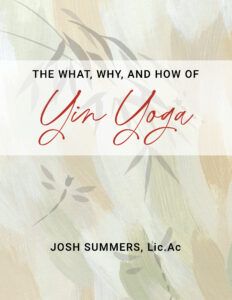In practical terms, the Buddha defined Wise Speech as:
- Avoiding lying, committing to truth.
- Avoiding slander, cultivating harmony.
- Avoiding harsh language, practicing kind language.
- Avoiding idle chatter, speaking when necessary.
On one level, this precept forms the basis for inter-personal harmony. But in terms of its strategic placement on the Eightfold Path, Wise Speech becomes a powerful vehicle for examining our intentions and perceptions.
As Bhikkhu Bodhi has written, “Truthful speech establishes a correspondence between our own inner being and the real nature of phenomena, allowing wisdom to rise up and fathom their real nature. Thus, much more than an ethical principle, devotion to truthful speech is a matter of taking our stand on reality than illusion, on the truth grasped by wisdom rather than the fantasies woven by desire.” (The Noble Eightfold Path)
Points for Practice
- Within your meditation practice, try the technique of light mental noting, labeling sensations, thoughts, sounds, emotions. In this, we’re literally practicing naming the truth of our moment-to-moment experience.
- In accordance with the Buddha’s advice, bring mindfulness to your habits of speech. The Buddha suggested reflecting on these questions before speaking: 1) Is it true? 2) Is it beneficial? 3) Is it timely? Let these questions begin to inform what flows out of the mouth. I’ve never been quieter than when I practice with these questions!!!
- A short essay on Right Speech by Thanissaro Bhikkhu: http://www.accesstoinsight.org/lib/authors/thanissaro/speech.html
Originally published on November 2, 2010

